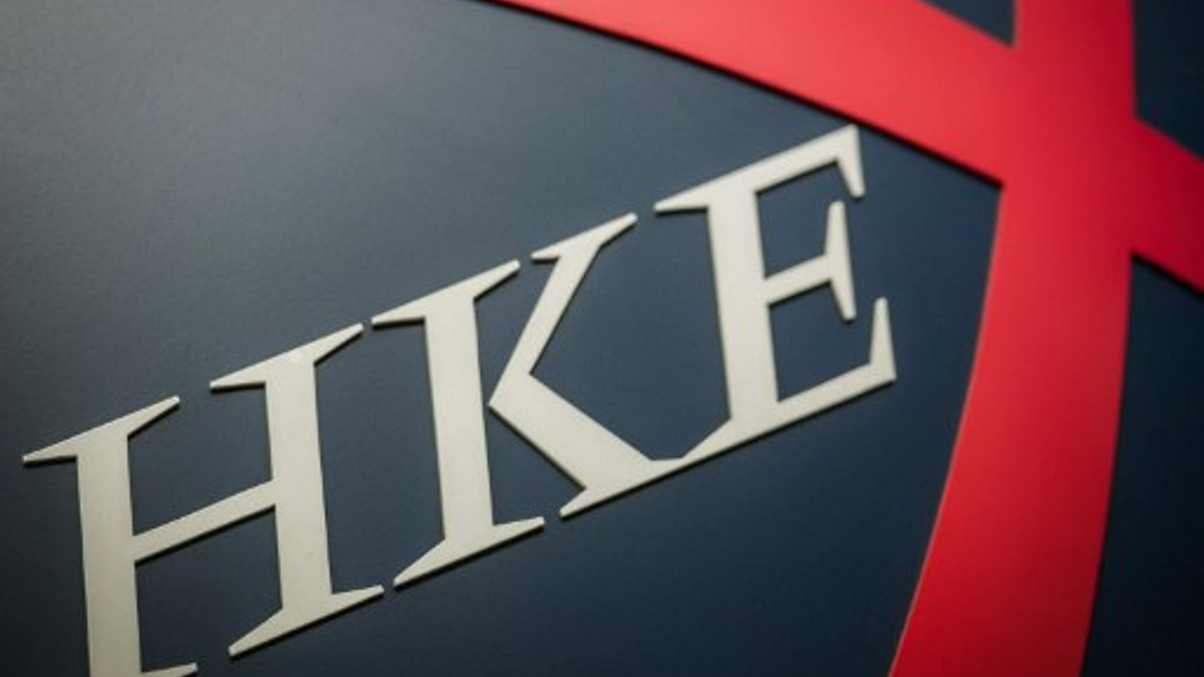HKEx plots to attract Chinese commodity volumes
The Hong Kong exchange is working on plans to attract liquidity from commodity traders in China, leveraging on its acquisition of the London Metal Exchange in 2012.

Hong Kong Exchanges & Clearing (HKEx) aims to launch a suite of commodity derivatives contracts on its newly acquired London Metal Exchange (LME), to potentially lure trading from bourses in China.
Sign in to read on!
Registered users get 2 free articles in 30 days.
Subscribers have full unlimited access to AsianInvestor
Not signed up? New users get 2 free articles per month, plus a 7-day unlimited free trial.
¬ Haymarket Media Limited. All rights reserved.


